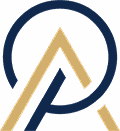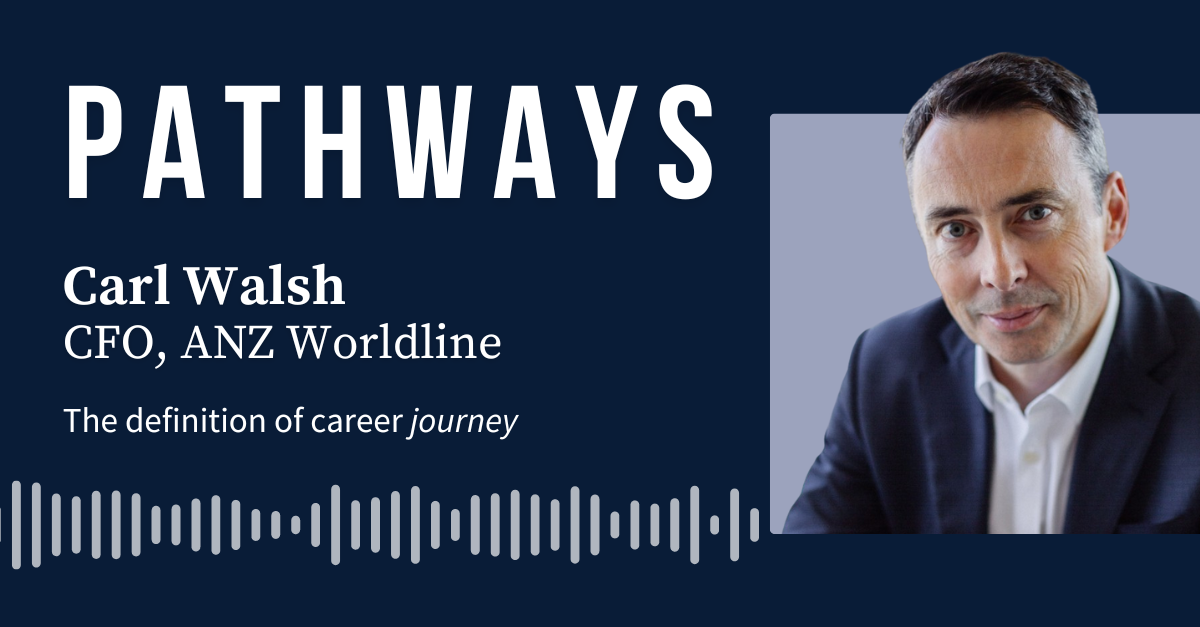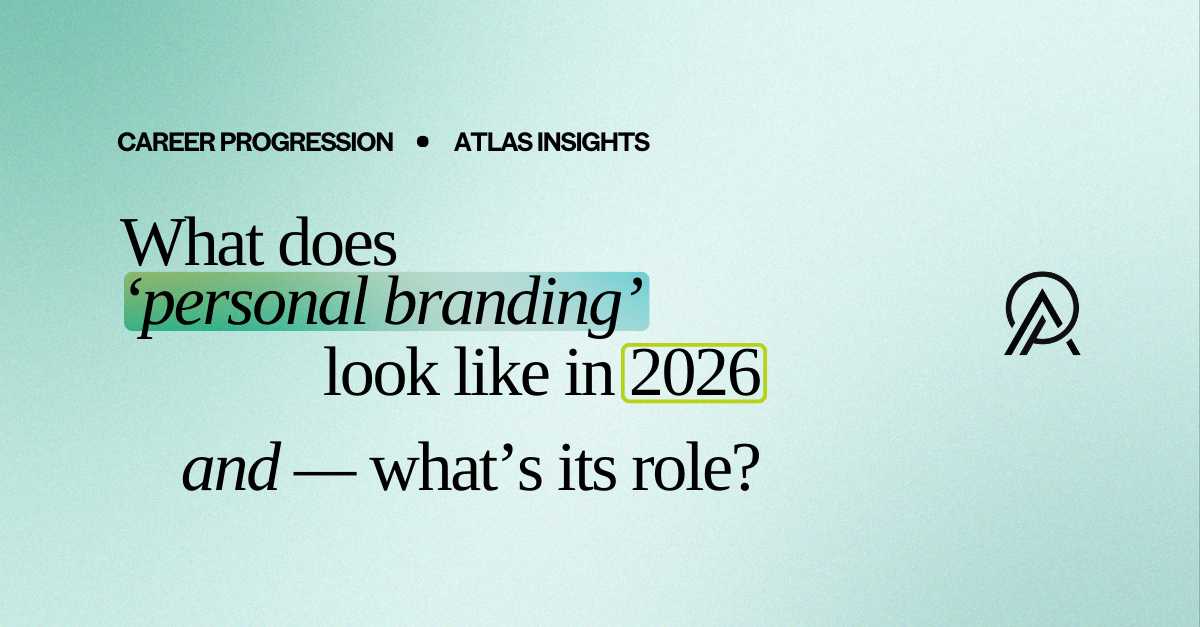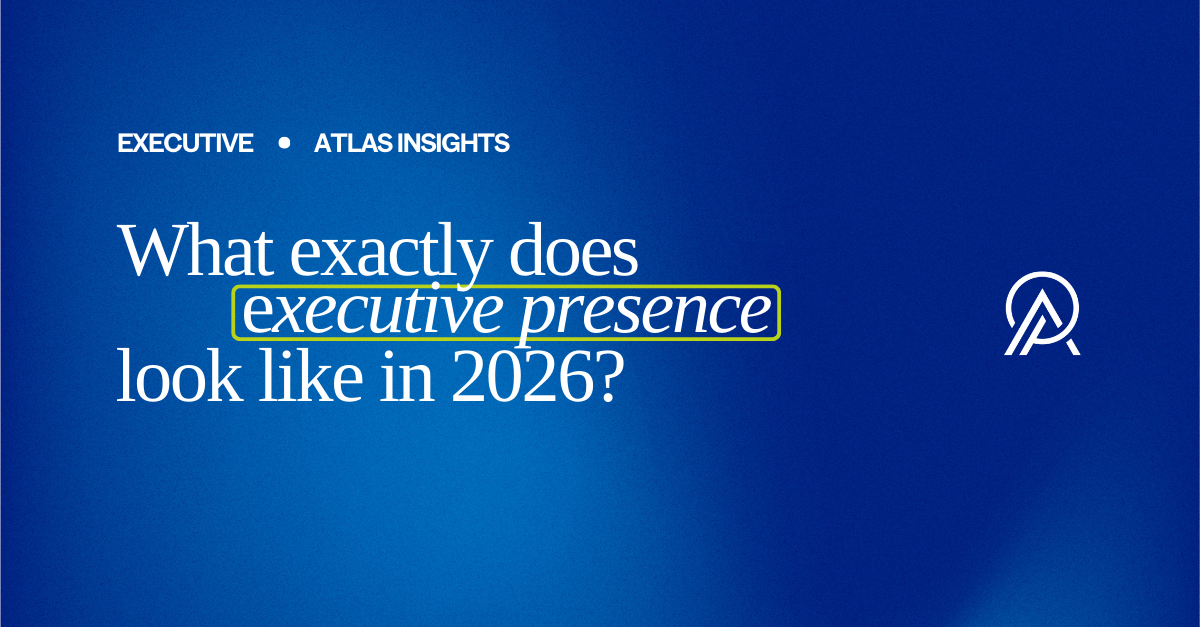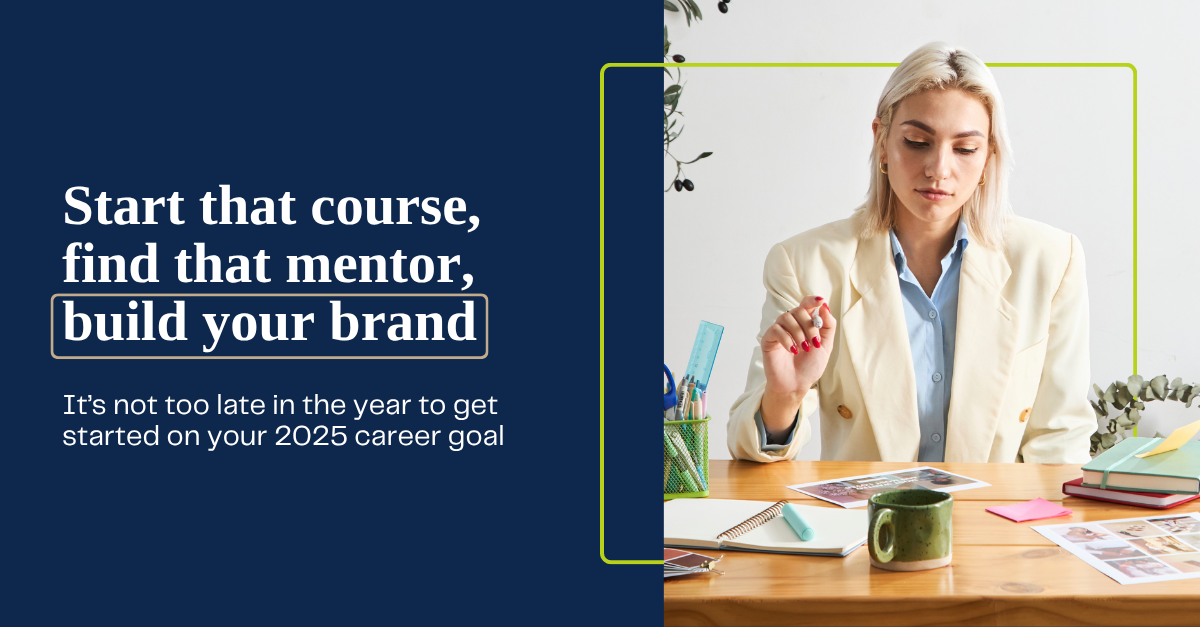Carl Walsh hasn’t just built a fascinating career, he has lived a fascinating life. As a young man growing up on rugged West Clare coastline in Ireland, he saw the world as his oyster and his career as his ticket. The journey has taken Carl to some of the biggest financial and technology companies in the world, leading him to Melbourne and the role of CFO for ANZ Worldline, a joint venture between ANZ and Worldline. Carl has learned lessons and gained incredible wisdom along the way, which he shared with Liam Killen, for this episode of Pathways.
Today, I’m joined by Carl Walsh, CFO of ANZ Worldline. Carl, thanks so much for joining me. You’re a proud Irishman. Let’s go back to your early days in Ireland, the GAA, and your time with Deloitte.
You’re welcome, Liam. I’m very happy to be here. Sure. Yes, I’m a proud Irishman, but at the end of the day, we’re all global citizens. Throughout our conversation, you’ll see how my experiences across the world have shaped me, both personally and professionally.
I grew up in Milltown Malbay, County Clare, on the Atlantic coast. It was a beautiful place with two beaches nearby. Summers, regardless of the weather or the water temperature, were spent at the beach or playing Gaelic football. Winters were tough, but it was a fun, community-oriented place.
There were many characters back then—people who were true to themselves, without conforming to any expectations, much like you’d see in many regional areas in Australia. The GAA (Gaelic Athletic Association) was a central part of life. If you were involved, like I was, it became a core part of your life. It still is for me.
Professionally, my first role was with Deloitte, after earning a law degree, having previously studied sciences and math in school. Funny enough, I initially wanted to join the army, like my father, but he talked me out of it, saying it wouldn’t be financially fulfilling. So, I joined Deloitte, where they called us “non-relevant graduates” because we didn’t come from a business background.
I worked for Deloitte in Limerick, a small city known for rugby, and now for hurling as well. I was driving around 30,000 miles a year, working on various audit and tax jobs across southern Ireland. Deloitte was a small practice back then with only two partners, so we did everything—audit, tax, accounting, insolvency, and more. That variety was key to figuring out what I liked and didn’t like, which is just as important. I realized early on that I didn’t want to stay in practice forever and that I enjoyed working within industry. Over the course of my career, I’ve been in various industries, much like my time at Deloitte exposed me to a wide array of sectors.
Fantastic. Ireland was facing some economic challenges at the time, and you made a rather non-typical move in the mid-90s. Tell us about your decision to move to Russia.
That’s right. To give some context, when I left university in 1988, Ireland was in a terrible recession. High unemployment, significant emigration, and very few opportunities. I was fortunate to secure a job with Deloitte. I worked in pharmaceuticals for a while before I developed a strong desire to travel. At the time, it was somewhat trendy for people from Ireland to head to Eastern Europe after the fall of the Iron Curtain in 1989.
I ended up in Moscow, working for a joint venture between a Russian partner and an Irish partner in the IT industry. We provided hardware and software solutions to Russian banks and Western companies establishing themselves in Moscow. I was one of only two expats in the company, with about 50 employees, and it was fascinating to work with people from all over Russia and the former Soviet republics. I learned the language and embraced the culture. It was an incredible experience, but also a steep learning curve—especially during the ruble devaluation in 1996–97.
That devaluation drastically impacted our cash flow, and the business never fully recovered. It was a tough time, but I learned a lot about managing cash flow, dealing with creditors, and running a business in a challenging environment.
That sounds fascinating. After Russia, you returned to Ireland and joined GE. Tell us about your journey with GE.
Yes, after my time in Russia, I moved back to Ireland via a brief stint at Microsoft. However, my career really took off when I joined GE. I had the privilege of working with Paul Whelan, who’s still one of my biggest mentors today. When I first joined, I didn’t even know much about GE and mistakenly thought they made cars! Of course, I quickly learned about General Electric and their vast business portfolio.
I started in GE’s Consumer Finance division in Europe, which was rapidly expanding through acquisitions. My role involved liaising with various countries, overseeing budgets, forecasts, and financial reporting. It was an exciting role, but I wanted to get more involved in the core of a business.
Paul then suggested I consider moving abroad to take on a more hands-on finance role in a business. That’s how I ended up in Australia, where GE had a large and thriving consumer finance business.
Did you expect that Melbourne would become your home?
Not at all! We thought it would be a two-year stint before returning to Ireland. But we fell in love with Australia. My career progressed well at GE, and my wife, Brenda, also settled in quickly. We made great friends, integrated into the community, and now, 23 years later, we’re still here!
After GE, you moved through various organisations. What has your career been like post-GE?
It’s been interesting but challenging in many ways. GE was a great fit for me, and I thrived there. After GE, I worked in various industries—banking, communications, manufacturing, and now at the joint venture. In each of these roles, I learned a lot, but none were as good a fit for me as GE was.
The lesson I’ve learned is the importance of finding a company culture that aligns with your values and where you can thrive. It’s crucial for both your happiness and productivity, regardless of promotions or career progression.
Yeah, it’s good advice. So, talking about ANZ, Worldline, and the business, which is a joint venture (JV), can you describe the organisation, where they are now, and where they’re heading?
Sure. It’s interesting because I’ve been in the business for three years now, and I can say I’m at the happiest point in my career. I have a new boss, a new CEO, and I believe that’s a big factor. Who you work for matters significantly. He is very customer-focused, direct, and knowledgeable about the market. I appreciate these qualities in him, and it’s clear to me what he wants and expects. Even at this stage in my career, that clarity is really important. It’s great to be enjoying the job.
In terms of the business, we are a joint venture between ANZ Bank and Worldline, a major French payments company. Worldline is the number one in Europe for merchant acquiring and ranks fourth or fifth globally, behind companies like Stripe and Block. ANZ wanted to partner with someone who would invest in the acquiring business and elevate it to the next level. For example, we’re migrating customers from a legacy platform to the new Worldline platform. We’ve built a new platform for Australia, aiming to roll out new products, services, and solutions that are competitive and provide differentiation in the market.
The advantage of being in a JV with ANZ, which has a large customer base, is that we have a ready-made referral engine at all levels—whether it be SMBs, corporate clients, or large enterprises. However, it’s challenging because it’s 51% owned by Worldline and 49% by ANZ, each wanting something nuanced and different from it. So, managing that balance is interesting, ensuring that both shareholders and stakeholders are aligned. We hold many meetings and forums to ensure we’re getting the best from both sides and delivering value for our customers and employees.
The industry itself is fascinating and dynamic. It will undergo significant changes in the next five years. It’s highly competitive, with strong non-banking competitors like Adyen, Block, Square, and Stripe, who we respect immensely. There are many good thinkers and dynamic people in this industry, and our new boss is attracting that kind of talent, which we need to elevate the business to where we want to be.
That’s a great overview. Now, we can’t talk about you and your career without mentioning sport, particularly GAA. Can you walk me through your journey with Irish football and the Young Melbourne GAA? Also, how does sport relate to business?
Of course. I started playing Gaelic football when I was around six, even though there were no formal competitions at that age. My first inter-county match with my dad was when I was seven, and I attended my first grand final that same year, in 1974, between Dublin and Galway. I went again this year, which was interesting—50 years later, but sadly, I went on my own since my dad passed away from COVID. We were very close.
I played for my club at all levels, my county at all grades, and my province (the equivalent of a state) in 1993 and 1994. I also played for my university and was very fortunate. My father used to say I was the luckiest footballer alive because we won the Intervarsity Championship, which is effectively the premiership, in 1988. Then, our club won the county championship in 1990, and we won the Munster final for the first time in 75 years in 1992.
I was a fortunate footballer, and while I wouldn’t consider myself a great player, I worked hard at it and loved every minute. I enjoyed playing, practicing, and working with my teammates. The memories I have from those games will stay with me far longer than the hours spent in the office.
Later, I got involved in administration and coaching. I coached at several counties depending on where I worked and had a lot of fun, especially coaching juniors. Kids have no filter—they’ll tell you exactly what they think, and there’s a lot of learning in that. I still experience that with the under-tens at Young Melbourne; their energy and enthusiasm are infectious.
I’ve been in Australia for 23 years and continue to be involved in the GAA. Although I’m 57 now, I still play if the team needs an extra hand. I train with the guys, which is great fun. Young Melbourne is important to me because it allows me to give back for everything I received from the sport. As president of the club, founded in 2016 as a kids’ program, we now have over 200 kids in our program, ranging from under six to under 17. We also have a ladies’ team in its second year and a men’s team in its third year.
We’re based at Albert Park and drive various initiatives. For example, we have a young woman who won six All Irelands for Cork—a doctor in sports studies and fitness—coming out for three months on a scholarship to help with female development at our club. This is an experiment; no other club in Australia has done this. We’re working with the Gaelic Players Association in Ireland to try new things, and we’re willing to experiment and learn quickly.
The Irish business community in Australia has been very supportive of us, contributing both time and money, whether for tournaments or trips to the interstate championships in Perth next March.
Overall, I believe sports should be for the masses, not just the elite. Sports should be about enjoyment. My son plays a lot of sports, and his outlook is probably healthier than mine was at his age. He plays because he wants to be with his friends, and that’s the best reason to play. The physical, mental, and emotional well-being that comes from participation is invaluable.
Children tend to forget results shortly after the game. They may feel elated or disappointed for a moment, but then they’re off having fun with their mates. That’s what sports should be about.
Now, regarding the link between sport and business, I think it’s often overdone. Many people try to make a living out of it, which is fine, but there’s a difference between sports and work dynamics. In the workplace, your employer dictates much about your progression. However, in sports—unless you’re a professional—you have a choice. You choose to play, to train, to commit.
At Young Melbourne, participation is voluntary. When people choose to be involved, they do so for the right reasons—not for a paycheck or under pressure from a boss. This purity is unique compared to work, where financial considerations and power dynamics exist.
Nonetheless, playing team sports helps develop qualities that make for better employees and leaders. While it doesn’t guarantee success, it certainly enhances one’s characteristics and can lead to being a more valuable employee and possibly a better leader.
I tend to agree. My take is that sports build resilience and teach you to work well with others, which is essential. In my recruitment agency, I see a preference for candidates with sports involvement; it indicates good behaviours and values. Sliding doors moments. Have you had any that stand out in your career?
Yes, there have been several sliding door moments, some good and some not so good. It’s essential to own those moments because you choose to go through that door, for better or worse.
Meeting Paul Whelan, who had a significant influence on my professional life, was a positive sliding door moment. He appreciated my background in GAA and how my diverse experiences would benefit GE. I think he was right. Being at GE for eleven years was a fantastic experience.
Recently, my new boss has been another sliding door moment. I considered pursuing a different direction within the joint venture, but spending the last two months with him has positively impacted my career and morale.
Reflecting on the moments where I stepped through doors I shouldn’t have, those usually stemmed from rushing back into a role, often due to family pressure or ignoring gut feelings about a prospective employer. It’s crucial to trust your intuition. As I’ve gotten older, I’ve realized that I know less and less, which has made me eager to learn something new every day.
To anyone in their career, whether in finance or otherwise, I advise doing your due diligence and trusting your gut. If your intuition signals that something isn’t quite right, listen to it, as it’s often correct.
Carl, what’s the best piece of advice you’ve ever received?
I’ve received a lot of great advice, some of which I’ve listened to and some I haven’t. When I thought about this question you sent, it reminded me of something my dad told me long ago. He was a bit of a socialist at heart, which is unusual for an army officer. He was a free thinker and independent, perhaps because he was an only child and had the time and space to form his own opinions.
He advised me never to sell my soul to any company, organization, or institution. While that may sound dark or negative, if you think about it more broadly, it means always ensuring you’re doing the right thing for yourself and your family. This isn’t selfish; you can balance your well-being with that of your family and your organization.
If you sell your soul to an institution, you’ll ultimately regret it, and it will be your own fault, not theirs. It’s crucial to maintain balance in your life, especially regarding your family relative to the organization you work for. Being honest with yourself, your family, and your organization is essential. This clarity fosters understanding of expectations for everyone involved.
In today’s world, especially after COVID, many people are reevaluating their work-life balance and deciding they want to work from home or approach their jobs differently. This shift reflects a broader reset, where individuals are asserting what’s right for them and their families while still proving their productivity and value to their organizations.
This reset is a positive development, and it’s important for everyone to navigate these changes maturely.
Well said. Carl Walsh, thanks so much for joining me.
Pleasure. Liam, take care.
